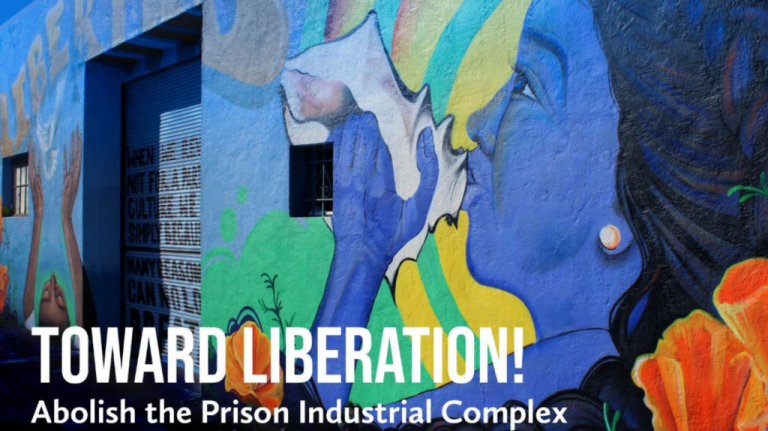Education is an extremely powerful force that can transform lives and communities. An important intersection between higher education and the Prison Industrial Complex that needs more investment is the expansion of prison education programs and reentry initiatives. Prison education is the least expensive and most effective solution to overcrowding and reducing reoffending or reoffending (Zoukis, 2014). Within five years of release, approximately 75% of formerly incarcerated individuals end up back behind bars. But surprisingly, for inmates who earn a degree while inside, that falls to a 0-2% recurrence rate. Given the high cost of recidivism to the government, investing in prison education not only pays off, but also saves public money. It is estimated that providing post-secondary education to just 10-30% of the United States prison population can translate into more than $60 billion a year added to the government. It is vital that we invest in expanding and building programs like the Tufts University Prison Initiative of Tisch College (TUPIT), which along with Bunker Hill Community College provides an associate degree for currently incarcerated and formerly incarcerated students. Attending college courses increases the likelihood of employment and basic survival, and encourages the development of self-esteem, self-determination, empathy, and cooperative skills, as demonstrated in “You're almost in this place that doesn't exist”: The impact of college on prison as understood by formerly incarcerated students from the Northeastern United States. If our criminal justice system can truly emphasize rehabilitation rather than punishment, then investment in prison education and reentry programs is absolutely necessary to help incarcerated people escape poverty, unemployment, substance abuse, and the mental illness. With the understanding that mass incarceration is based on systemic racism and oppression, the incarcerated are in because the government has failed them. Investing in prison education not only makes economic sense, but also fulfills the social duty of government and society to provide all citizens with an education and the opportunity to live a healthy and fulfilling life. Therefore, it is necessary for universities and higher education institutions not only divest from the private prison system, but also invest in parole initiatives such as prison education to begin to combat structural inequality and build a more just society.



